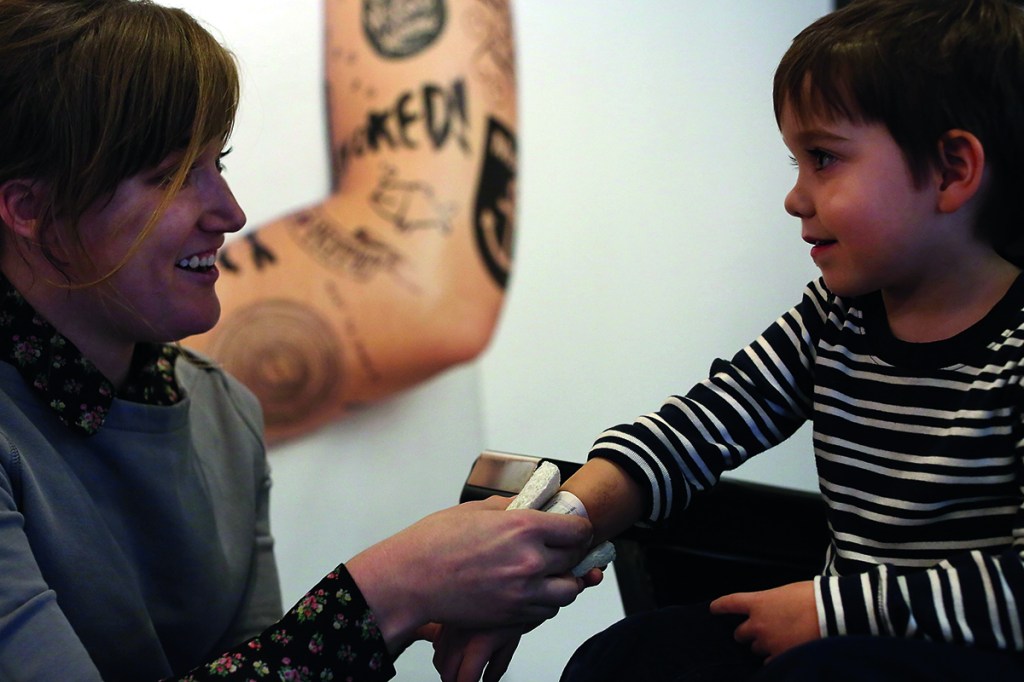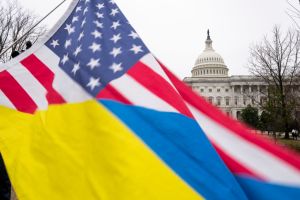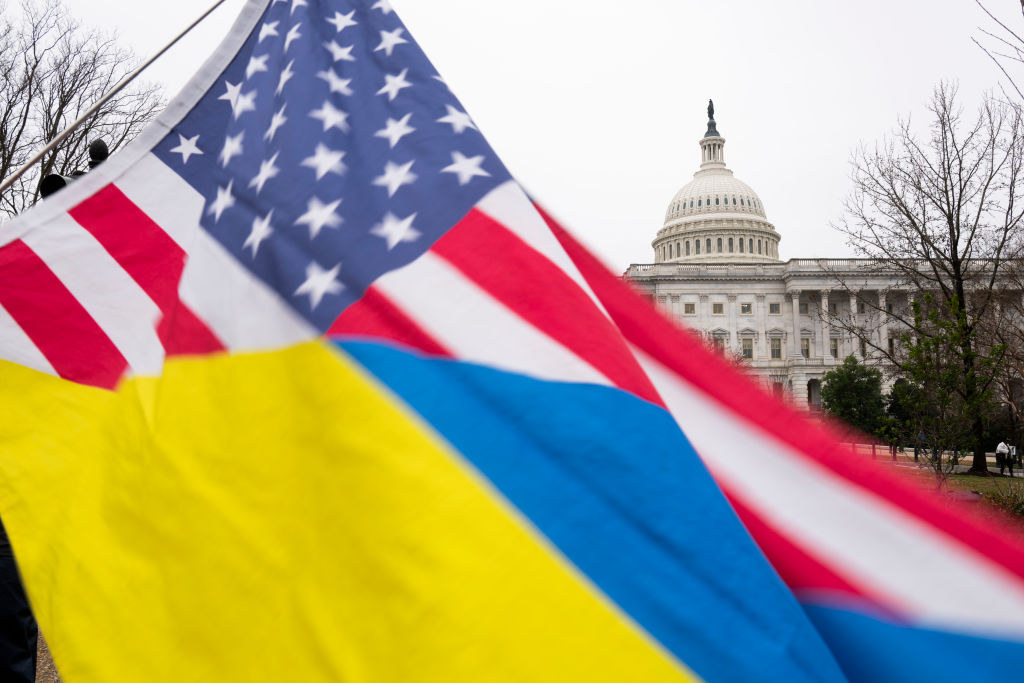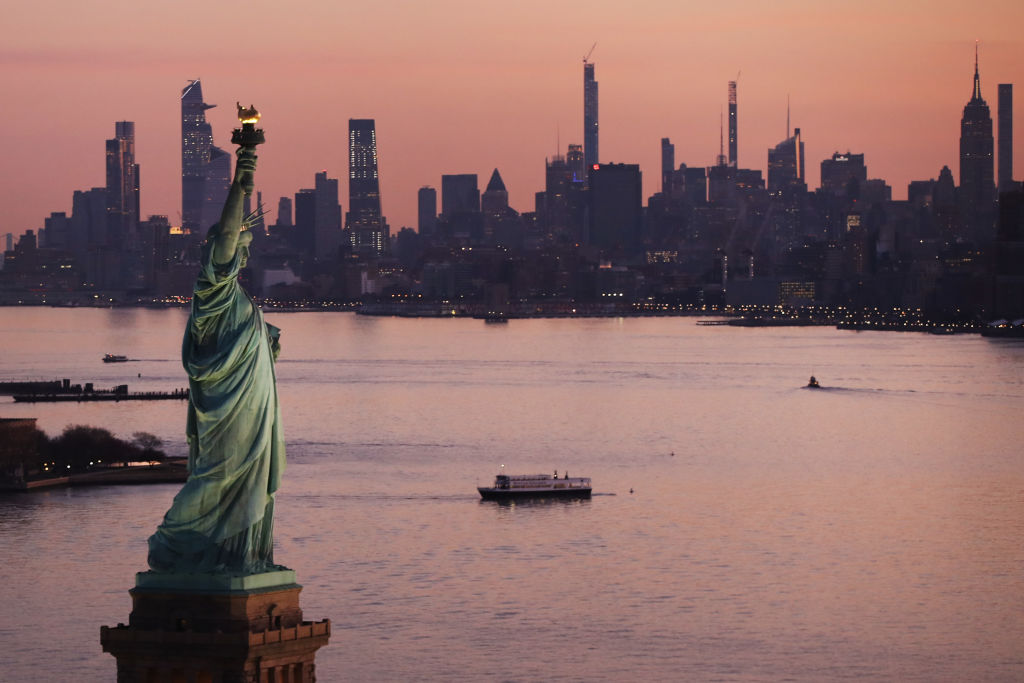Thinking the world is falling apart in 2020 is like failing an open-notes test: look at history, and you’ll see that it’s just repeating itself. The persistent problems span generations. In the podcast Nice White Parents, the New York Times reporter Chana Joffe-Walt analyzes a big one: public education. If you think your schools are failing you right now, look no further than here to confirm that there really is no substantial solution.
Joffe-Walt’s assertion that white parents — particularly progressive ones — hold a large stock in public education is elucidated through five episodes and five years’ worth of meticulous research into one Brooklyn public school’s messy 60-year history.
IS 293, now known as the Boerum Hill School for International Studies, opened in 1968 in the wake of Brown v. Board of Education. It was located next to the projects whose children it would mostly receive. At the time, however, white, well-meaning progressives were adamant about integration and ensuring their children were friends with people of color.
This was the first symptom of nice white parenting. Dozens of white parents in gentrifying Cobble Hill wrote letters requesting the school move closer to their neighborhood. Meanwhile, over a thousand families from the projects wrote letters demanding the opposite, arguing that their kids were the ones who would ‘actually’ attend the school.
The school opened at the location requested by the progressive white parents, but none of them ended up sending their kids to the school. IS 293, afflicted by a lack of funds, fell into dilapidation. Joffe-Walt gives a detailed, fascinating accounting of what happened in the following years, which was more of the same in different iterations.
Each time white parents in Cobble Hill tried to help with integration, it never seemed to work. Probably because they weren’t actually sending their kids to the school they intended to help. Some of them even created their own schools, one of them placed in the basement of IS 293, leading to more overcrowding.
No account is more awkward, however, than what is happening now. White yuppies have found themselves boosting IS 293 simply because the three other local middle and high schools that affluent families sent their kids to simply weren’t accepting more students; the local private schools also boasted tuition equivalent to that of an out-of-state university. In 2015, there were over 100 students in IS 293’s sixth grade, compared to 30 the year before. All the nice white parents decided to send their kids there, and it sure showed.
‘There are a lot of white kids in this school,’ comments one student (who is assumed to not be white).
‘Yeah,’ a boy answers,’ a teacher warned me about it this summer.’
But nice white parents have indeed made a difference at IS 293. School funding has gone up, along with test scores and general student success and happiness. Black and brown kids aren’t being suspended at astronomically higher rates than white kids. The school is seemingly creeping towards a bright future.
Joffe-Walt is herself a white parent. This podcast seems like it’s her way of proving she’s not that white parent because she’s trying to hold the other ones ‘accountable’. The podcast calls nice white parents to individual action, but the action called for is unclear. It doesn’t help that the name of the podcast might deter the people who actually should listen to it. Nor does the cognitive dissonance when Joffe-Walt blames those same parents for sticking their noses where they don’t belong, but also for being insufficiently proactive. The line between over-action and inaction is thin, and she doesn’t draw it well.
The podcast’s tone echoes that of the ever lugubrious pieces by George Packer in the Atlantic: it sounds the alarms for America’s problems while persistently speculating they are hopeless. In a particularly anguished summer cover story, Packer appeared to be in such frustration over the state of America amid the pandemic that he blamed economic and social inequality — ‘the fundamental, relentless force in American life since the late 1970s’, — on ‘Wall Street bailouts’ during the Great Recession. His solution is voting (as long as it’s blue).
Without suggesting a crucial solution, the gesture towards activism is weak, however self-satisfied it may leave the journo. While Packer bemoans the Trump administration and wealth disparities, and Joffe-Walt cringes at fellow white parents, each has taken up a knack for complaining about obvious problems – which is what nice white parents do. A word from Maya Angelou: ‘What you’re supposed to do when you don’t like a thing is change it. If you can’t change it, change the way you think about it. Don’t complain.’
But one root problem — and not just for public education — is made strikingly clear. Joffe-Walt interviews one of the nice white mothers who wrote to IS 293 in the 1960s and requested its racial integration — but never sent her own kids there.
‘We say a lot of things that are politically correct,’ the woman said, ‘without even realizing that we are not telling exactly how we feel.’
This article is in The Spectator’s November 2020 US edition.

























